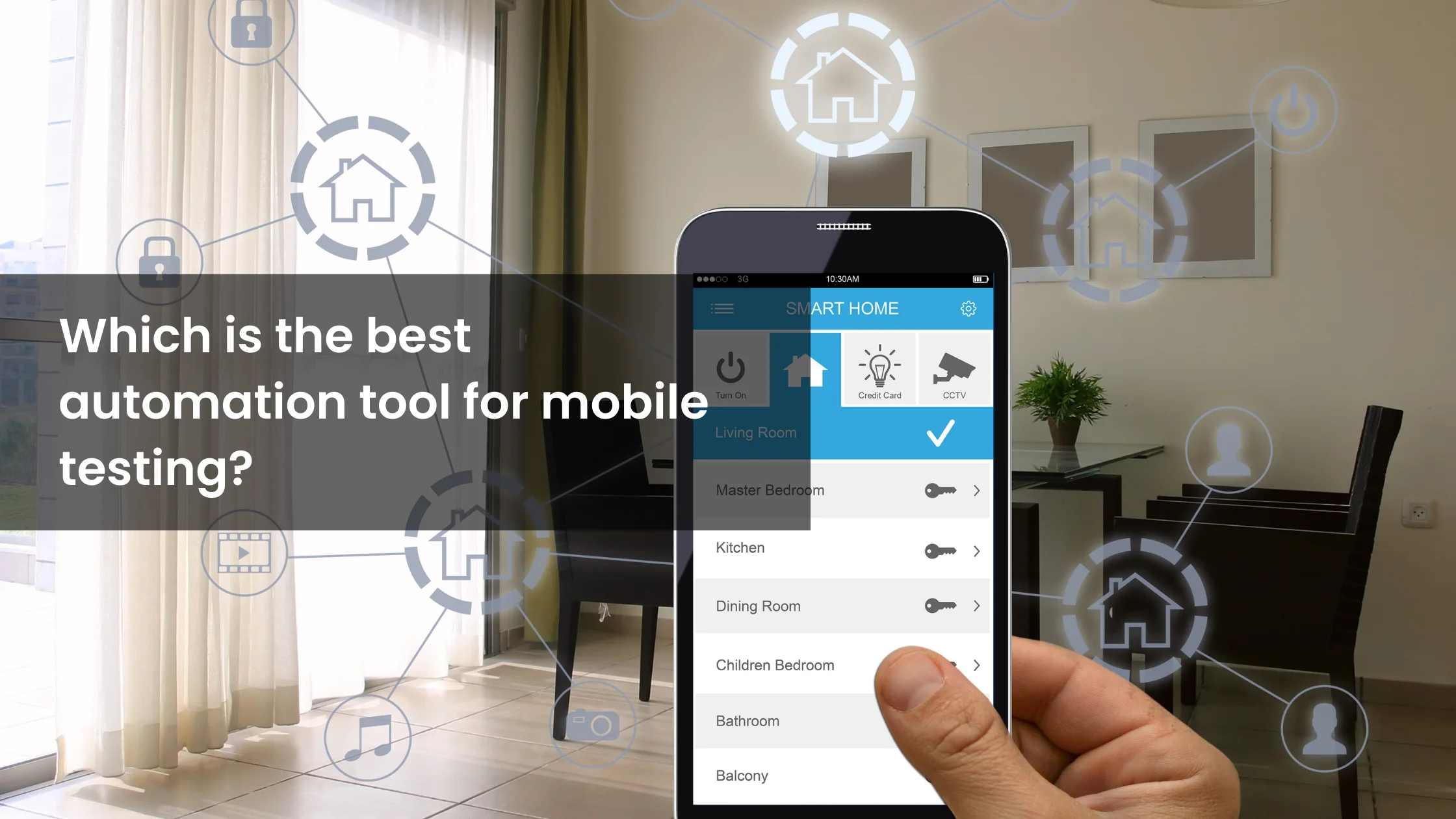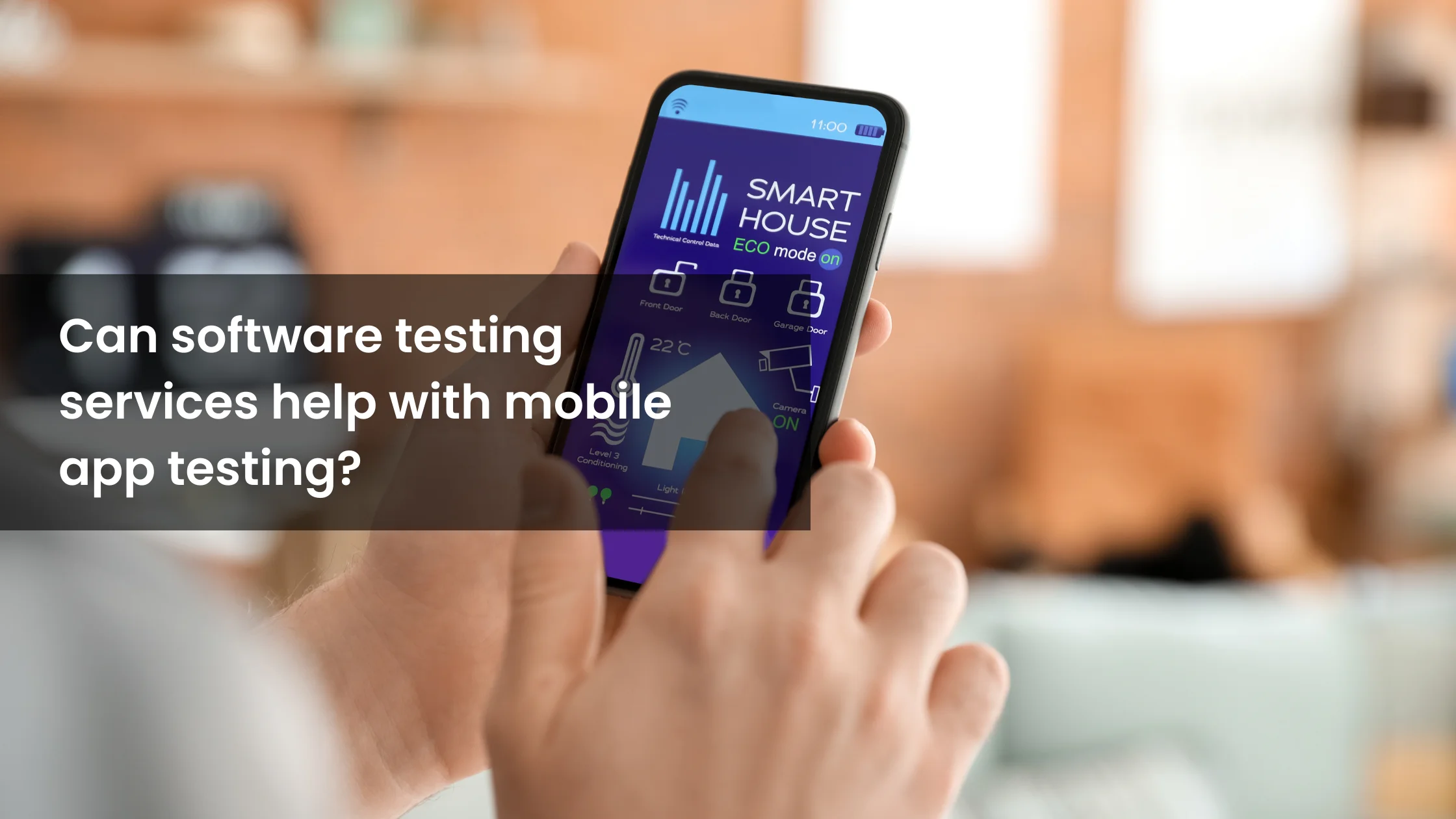 Hey there, tech enthusiast! Ever wondered why your favorite mobile apps run smoothly without a hitch? Let's dive into the fascinating world of mobile application testing. Picture this: your app is a suave secret agent, and mobile app testing is the rigorous training it undergoes before embarking on its mission. Intrigued? You should be!
Hey there, tech enthusiast! Ever wondered why your favorite mobile apps run smoothly without a hitch? Let's dive into the fascinating world of mobile application testing. Picture this: your app is a suave secret agent, and mobile app testing is the rigorous training it undergoes before embarking on its mission. Intrigued? You should be!
The Basics
Mobile application testing is all about ensuring your app is ready for prime time. Think of it as putting your app through a series of obstacle courses, making sure it can handle anything thrown its way. Whether it's an unexpected crash, a sluggish performance, or security loopholes, mobile app testing catches them all.
Why is it Important?
Imagine downloading a new app only for it to crash every time you open it. Frustrating, right? Proper testing ensures that your app offers a seamless user experience, free from bugs and glitches. It's the difference between an app that's a joy to use and one that's swiftly uninstalled.
Types of Mobile Application Testing
Functional Testing: This ensures the app’s functionalities are working as expected. It's like making sure all the gears in a clock are turning perfectly.
Performance Testing: Ever noticed how some apps load faster than others? Performance testing checks the app’s responsiveness, speed, and stability under various conditions.
Security Testing: With data breaches making headlines, security testing ensures your app is fortified against potential threats, keeping user data safe and sound.
Our Approach
At Testriq, we take mobile application testing seriously. Our team of experts puts your app through its paces using cutting-edge tools and methodologies. Curious about our process? Check out our mobile application testing services.
For apps with more complex requirements, we also provide automation testing services to streamline the testing process and improve efficiency. And if you're interested in making sure your app performs under pressure, our performance testing services are just what you need.
So, next time you download an app and it runs flawlessly, give a nod to the unsung heroes of mobile application testing. They ensure that your app experience is nothing short of perfect!
Final Thoughts
Mobile application testing might sound like a behind-the-scenes process, but it plays a crucial role in delivering the apps you love. Whether you’re a developer looking to polish your latest creation or a curious user wanting to peek behind the curtain, understanding the importance of mobile app testing is key.
Remember, in the world of apps, it's not just about having a great idea—it's about making sure it works perfectly for everyone, everywhere. Happy app-ing! 📱
 So, you've just finished creating your shiny new mobile app. Congratulations! Now comes the fun part—testing. It’s like making sure your superhero costume is ready before stepping out to save the world. But what kind of testing does your mobile app need to ensure it’s robust, user-friendly, and ready to conquer the app stores? Let’s dive in and find out!
So, you've just finished creating your shiny new mobile app. Congratulations! Now comes the fun part—testing. It’s like making sure your superhero costume is ready before stepping out to save the world. But what kind of testing does your mobile app need to ensure it’s robust, user-friendly, and ready to conquer the app stores? Let’s dive in and find out! Let’s talk about mobile testing. In a world where our phones are practically an extension of ourselves, ensuring that mobile apps work flawlessly is more crucial than ever. So, you’re probably wondering, “Which is the best automation tool for mobile testing?” Well, buckle up, because we’re about to take a fun ride through the world of mobile testing tools!
Let’s talk about mobile testing. In a world where our phones are practically an extension of ourselves, ensuring that mobile apps work flawlessly is more crucial than ever. So, you’re probably wondering, “Which is the best automation tool for mobile testing?” Well, buckle up, because we’re about to take a fun ride through the world of mobile testing tools! Hey there, app developer extraordinaire! Are you ready to take your mobile app to the next level? Let's face it, launching an app without thorough testing is like jumping out of a plane without checking your parachute. Scary, right? That’s where software testing services swoop in to save the day, ensuring your app isn't just good, but great. But can these services really help with mobile app testing? Buckle up, because we're about to find out!
Hey there, app developer extraordinaire! Are you ready to take your mobile app to the next level? Let's face it, launching an app without thorough testing is like jumping out of a plane without checking your parachute. Scary, right? That’s where software testing services swoop in to save the day, ensuring your app isn't just good, but great. But can these services really help with mobile app testing? Buckle up, because we're about to find out!